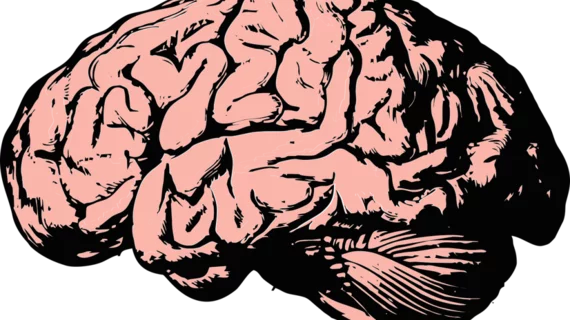Researchers from Wexner Medical Center at Ohio State University have developed an artificial intelligence algorithm able to analyze a single brain CT scan in six seconds, according to an article published online March 28 by The Lantern.
Led by Luciano Prevedello, MD, MPH, a radiologist at Ohio State, researchers selected four critical conditions to design the algorithm intended to decrease patient wait time in critical conditions.
The algorithm can identify four abnormalities in brain CT scans: hemorrhages, masses, hydrocephalus and strokes. It also condenses scans deemed critical or urgently by prioritizing health issues based on importance.
A separate algorithm was developed to detect strokes. The algorithm has also proven recognize brain abnormalities with at least 80 percent accuracy, according to the article.
“It’s an opportunity for us to allow, for the first time in my recollection, Ohio State’s radiology program to jump out in the ranks, which is exciting," said Richard White, MD, chairman of the department of radiology at Ohio State, according to the Lantern. “Computers also don’t sleep, so that consistency and the fact that it’s always there and can be executed in almost real-time really improves patient care overall. It’s like having another set of eyes on your studies and making sure nothing will fall through the cracks.”
Read more at the link below:

